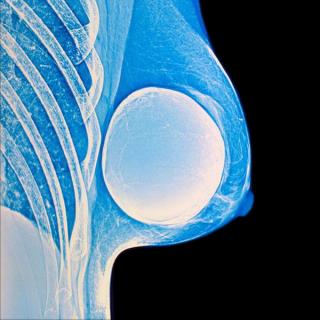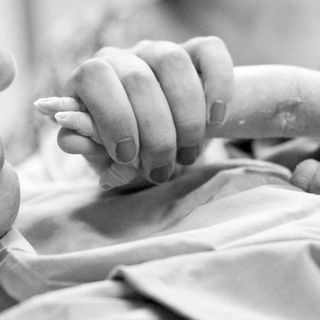A new study has identified a collection of diagnoses, behaviors and prescriptions common to people who were eventually diagnosed with eating disorders. Published in The British Journal of Psychiatry by researchers from Swansea University, the large-scale study might help doctors diagnose eating disorders sooner.
Eating disorders like anorexia nervosa, bulimia nervosa, and binge eating disorder are conditions that involve serious disturbances in regular eating behaviors due to a preoccupation with weight loss and body shape. Common symptoms include a dysmorphic view of one’s body, phobia of gaining weight, extensive calorie tracking and exercise, bingeing, and voluntary purging/vomiting. Eating disorders predominantly affect adolescent and young adult women and occasionally men.
Studies have proved that these disorders have very high mortality rates, which means that paying greater attention to initial signs that could point towards an eating disorder could save lives. Dr. Jacinta Tan, the lead researcher for this study and an associate professor of psychiatry at Swansea University, said in a statement, “I cannot emphasize enough the importance of detection and early intervention for eating disorders. Delays in receiving diagnosis and treatment are sadly common and also associated with poorer outcomes and great suffering.”
Related on The Swaddle:
The Unique Factors That Contribute to Eating Disorders in India
The study observed that in the two years before an individual was diagnosed with an eating disorder, they were highly likely to be diagnosed with other mental health problems, specifically personality and alcohol-related disorders. They were also more likely to display self-harming behavior and they were more likely to hold or receive prescriptions for antipsychotics, antidepressants, gastrointestinal drugs, and consume dietary supplements. Any of these incidences could be a red flag towards a potential eating disorder diagnosis.
Current treatment plans for eating disorders include a combination of psychological therapy, nutrition education, medical monitoring, medication and separate treatment for the somatic effects of disordered eating. Without quick and effective treatment, eating disorders could result in hospitalization and even be fatal.




